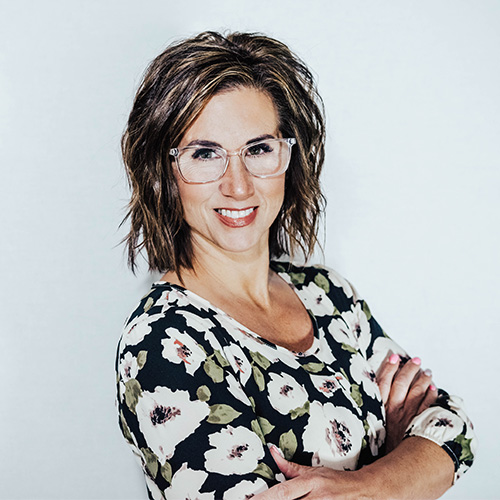How to Get the Most out of Your CPAP
- Category: Seasonal
- Posted On:

Sleep is an essential function that allows your body and mind to recharge, leaving you refreshed and alert when you wake up. Proper sleep also helps the body remain healthy and stave off disease. Without enough sleep, the brain cannot function properly.
Sleep apnea is one of the most common impediments to proper sleep – affecting 25% of men and nearly 10% of women worldwide. For Sleep Awareness Week, we sat down with Paige Iverson, Polysomnographic Technologist at Ogden Clinic, to ask her how to best diagnose and treat sleep apnea.
Q: Who is most likely to develop sleep apnea?
A: Education about sleep apnea is spreading fairly rapidly, and that’s really changing the dynamic of who is getting tested. Once upon a time, it was thought that older, overweight men were the only people who were prone to develop sleep apnea. Well, as it turns out, weight has very little to do with it, gender has very little to do with it, and age has very little to do with it. Sleep apnea really can affect anyone at any stage of life. We do sleep studies on children as young as four.
Studies are showing that kids who have been diagnosed with ADHD should actually be screened for sleep apnea. These kids misbehave and have trouble focusing – often it’s because they’re tired. Instead of immediately putting these kids on medication, we often encourage parents to have their kids’ sleep checked first.
Q: Is a CPAP the most common therapy for sleep apnea?
A: It is. We call it the “gold standard” because it’s proven to be the most widely successful treatment.
Q: Does a CPAP treat both obstructive and central sleep apnea?
A: It does, absolutely. Obstructive is the more common form of sleep apnea, of course. The obstruction happens in our throat – we lay down and gravity causes our airway to collapse and our breathing to cease. A CPAP provides the positive air pressure to keep that airway open.
For central sleep apnea, modern CPAP machines can deliver adaptive servo-ventilation (ASV), which adjusts the amount of pressure during inhalation on a breath-by-breath basis to smooth out the breathing pattern. The device may also automatically deliver a breath if you haven’t taken a breath within a certain number of seconds.
Q: How can someone know if their CPAP therapy is working properly?
A: A person is generally diagnosed with moderate sleep apnea if, during a sleep test, they are discovered to experience 15 or more “sleep events” per hour (30 or more for severe sleep apnea). Sleep events are the sum number of apneas (pauses in breathing) plus the number of hypopneas (periods of shallow breathing) occurring, on average, each hour. These must last at least ten seconds to count as events. Proper CPAP therapy will get those events down to under five per hour.
Q: What should a person do if their CPAP therapy isn’t getting them to below five sleep events per hour?
A: Call the Ogden Clinic Sleep Lab at 801-475-3200. There is so much we can do on our end to make sure that your treatment is personalized to your exact circumstances – everything from adjusting your CPAP pressure directly from our office to fitting you with a new mask.

Paige Iverson, RPSGT